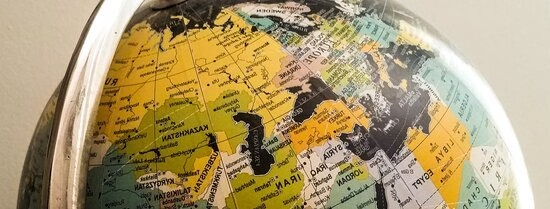
Why this research?
Climate change and world-wide social unrest are intimately connected. Climate change puts further pressure on fragile governments and economic systems, leading to armed conflicts and wars, leading to forced displacement all over the world, and the intensification of existing social inequalities. Forced migration had been constantly increasing every year. By now above one percent of the worlds population (or 1 in 95) is forcibly displaced.
What does the research involve?
The sub-theme ‘Forced Migration investigates the (i.e. economic, political, social, environmental) root causes of forced displacement and the effects it has on people, countries and systems.
Central questions
How can we define, understand, forecast and mitigate forced migration? What are the core root causes, and how can they be influenced? Which effects does forced migration have on refugees and migrants, but also on receiving countries? How can different governance responses to forced migration, as well as their effects, be explained? What are the best ways to mitigate the humanitarian crisis of forced migration?
Purpose of our research
We want to equip decision makers in the field of forced migration with tools to prepare and react to the humanitarian crisis. An important aspect of our research is to understand the effects of forced migration on European receiving countries. With our research we want to help sustainable multi-stakeholder collaboration and facilitate transdisciplinary research in the field of forced migration.
prof. dr. Gabriele Jacobs
“Forced migration matters to all of us”.
